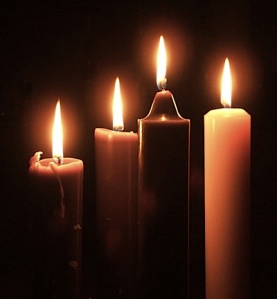I present these two passages to you, from my own meditation time today, for your own reflection. Either one is a good choice for meditative prayer (Lectio Divina) which I have written about in previous posts. (You can do a search, or click on the appropriate category at the bottom of the page, for the 4 movements typical to this prayer form.) I have taken these two passages from the material offered in the Holy Bible: Mosaic by Tyndale, pages 58-59.
After reading these, please share your reflections.
Psalm 29:3-4
The voice of the LORD echoes above the sea.
The God of glory thunders.
The LORD thunders over the mighty sea.
The voice of the LORD is powerful;
the voice of the LORD is majestic.
O Love, How Deep
O Love, how deep, how broad, how high,
it fills the heart with ecstasy,
that God, the Son of God, should take
our mortal form for mortal’s sake.
For us he was baptized, and bore
his holy fast, and hungered sore;
for us temptation sharp he knew,
for us the tempter overthrew.
For us he prayed, for us he taught,
for us his daily works he wrought;
by words and signs and actions thus
still seeking not himself, but us.
For us to wicked men betrayed,
scourged, mocked, in purple arrayed,
he bore the shameful cross and death,
for us at length gave up his breath.
For us he rose from death again;
for us he went on high to reign;
for us he sent his Spirit here,
to guide, to strengthen, and to cheer.
To him whose boundless love has won
salvation for us through his Son,
to God the Father, glory be
both now and through eternity.
-Thomas Á Kempis (Germany/ c. 1380-1471)




